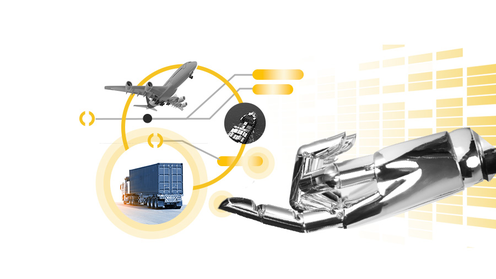The majority of shipping companies allocate more than 50% of their total logistics costs to transport, so outsourcing freight audit certainly has its advantages. If you are a global brand with global logistics, only a global freight audit provider will do. However, there are vast differences in the working methods of freight audit providers (FAP) around the world, and also in the services they offer. Some focus purely on cost savings, while others offer multiple services and tools, such as business intelligence. It’s by offering those additional services that real savings can be achieved.
A common mistake in the logistics sector is thinking that freight audit only provides cost savings due to the removal of overbilling. However, quite the opposite is true. Good freight audit also ensures increased freight visibility and actionable data, which prevents overpaying through correct invoices, rather than just handling exceptions.
But what exactly does ‘good freight audit’ look like? Research is the foundation of a good relationship with your FAP. To help you know what to look for when selecting the right partner – and spot potential pitfalls – we have put together the top 20 things you need to consider. You’re welcome!








